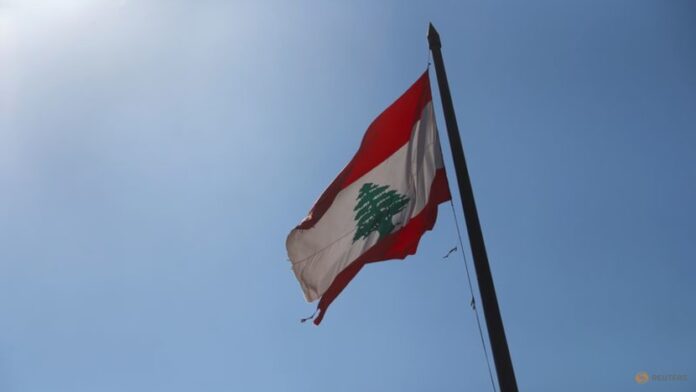Riyadh: Last Thursday, Saudi Arabia, Yemen and Kuwait declared a return to their ambassadors to Lebanon in a sign of improving their ties that hit rock bottom last year when the kingdom and other Gulf states withdrew their envoys.
Saudi Arabia and other wealthy Gulf states were once major donors to Lebanon, but relations have been strained for years as the Iran-backed Hezbollah movement has grown in power.
According to the Saudi Foreign Ministry, their representative returned in response to calls by Moderate Lebanese political parties and after comments by Prime Minister Najib Mikati regarding “ending all political, military and security activities” that affect Saudi Arabia and other Gulf states.
The Saudi statement on the state news agency SPA highlighted the importance of Lebanon “returning to its Arab depth”.
Kuwait’s foreign ministry gave an exact statement. Mikati’s office declared Kuwait’s ambassador would return before the end of the week.
Their tweet post welcomed this move; Mikati stated Lebanon was “proud of its affiliation and upheld the best relations with Gulf states”, defining them as support pillars.
The Gulf split has added to Lebanon’s hardships as it struggles with a financial crisis that the World Bank has described as one of the sharpest depressions ever recorded.
According to the International Monetary Fund (IMF) stated on Thursday that they had reached a draft funding memorandum with Lebanon but that Beirut was required to pass a batch of economic reforms first before its board decided whether to approve the deal.
On Thursday evening, Yemen’s foreign ministry declared the return of its envoy to Lebanon.
According to the Yemen ministry statement, they took this move in reaction to Beirut’s commitment to halt activities and practices offensive to Arab countries.”
Last October, a former Lebanese government minister criticised the Saudi-led military coalition fighting in Yemen, a tensions widely perceived as a proxy war between Saudi Arabia and Iran.
Hezbollah backs Tehran in its regional power struggle with US-allied Gulf Arab states, which accuse the group of assisting Yemen’s Iran-aligned Houthi movement.
Hezbollah has a more powerful militia than Lebanon’s army and has supported pro-Iran allies in the region, including Syria. The group and its partners also wield significant influence over Lebanese government policy.

